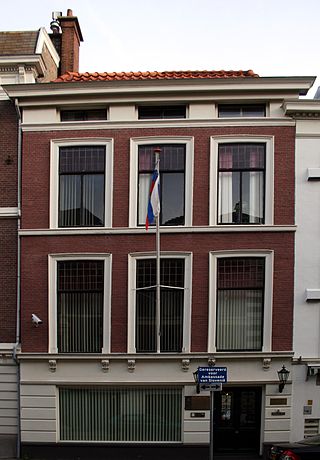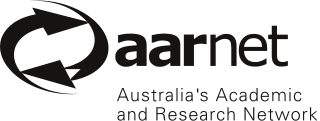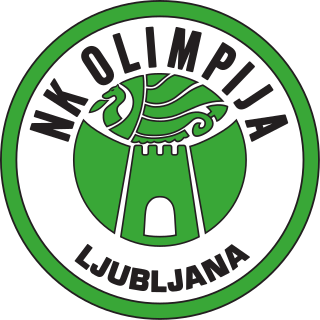Related Research Articles

Since Slovenia declared independence in 1991, its Governments have underscored their commitment to improving cooperation with neighbouring countries and actively contributing to international efforts aimed at bringing stability to Southeast Europe. Resource limitations have nevertheless been a problem hindering the efficiency of the Slovenian diplomacy. In the 1990s, foreign relations, especially with Italy, Austria and Croatia, triggered internal political controversies. In the last eight years, however, a wide consensus has been reached among the vast majority of Slovenian political parties to jointly work in the improvement of the country's diplomatic infrastructure and to avoid politicizing the foreign relations by turning them into an issue of internal political debates.

Ljubljana is the capital and largest city of Slovenia, located along a trade route between the northern Adriatic Sea and the Danube region, north of the country's largest marsh, inhabited since prehistoric times. It is the country's cultural, educational, economic, political and administrative center and the seat of Urban Municipality of Ljubljana.

AARNet provides Internet services to the Australian education and research communities and their research partners.

Ljubljana Jože Pučnik Airport, also known by its previous name Brnik Airport, is the international airport serving Ljubljana and the largest airport in Slovenia. It is located near Brnik, 24 km (15 mi) northwest of Ljubljana and 9.5 km (5.9 mi) east of Kranj, at the foothills of Kamnik–Savinja Alps.

Slovenia has participated in the Eurovision Song Contest 29 times since its debut in 1993, having hosted a qualification round in Ljubljana for seven countries due to the influx of new nations wishing to join the contest. The Slovenian participant broadcaster in the contest is Radiotelevizija Slovenija (RTVSLO).

Zoran Janković is a Slovenian businessman and politician serving as Mayor of Ljubljana since April 2012. He previously served as mayor from 2006 to 2011.

Hinduism is a minority religion in Slovenia. ISKCON was registered in Slovenia in 1983 and The Hindu Religious Community in Slovenia was registered in 2003 in Ljubljana
The use of internet in Slovenia is widespread. According to official polls in the first quarter of 2023, 90% of citizens between the ages 16 and 74 have used the internet, 87% daily or almost daily. Smartphones were the most prevalent devices for internet access, used by 87% of users. 94% households had internet access.

The Seattle Internet Exchange (SIX) is an Internet exchange point in Seattle, USA. Its switch fabric is centered at the Westin Building and extended to KOMO Plaza, Sabey Intergate, and other locations. The SIX is one of the most successful examples of neutral and independent peering points, created as a free exchange point originally sponsored only by donations. The SIX is the most frequently cited model upon which other neutral Internet exchanges are based, and its financial and governance models are often cited as inspiration for other exchanges. It continues to run without any recurring charges to the participants and current major funding comes from one-time 10, 100, and 400 Gbit/s port fees, as well as from voluntary contributions from stakeholders. The SIX is a 501(c)(6) tax-exempt non-profit corporation.

Iceland is among the top countries in the world in terms of Internet deployment and use. 99.68% of Icelanders used the internet in 2021.

The following outline is provided as an overview of and topical guide to Slovenia:

Edvard Ravnikar was a Slovenian architect.

Babna Gora is a dispersed settlement, east of Polhov Gradec in the Municipality of Dobrova–Polhov Gradec in the Upper Carniola region of Slovenia. It includes the hamlet of Zibel to the southwest of the main settlement and other scattered farms.
Cyberpipe was a hackerspace in Ljubljana, Slovenia, established in 2001 as a part of the K6/4 Institute. After a breakup with the parent organization and moving to a different location in 2013, it ceased most operations in 2015.

Nogometni klub Olimpija Ljubljana, commonly referred to as NK Olimpija Ljubljana or simply Olimpija, was a Slovenian association football club based in Ljubljana. The club was founded in 1945 as NK Enotnost and adopted the name Olimpija in 1962.

Stožice Stadium is a multi-purpose stadium located in Ljubljana, Slovenia. It was designed by Slovenian Sadar + Vuga architects and is the biggest football stadium in the country. It is one of two main stadiums in the city and lies in the Bežigrad district, north of the city centre. The stadium is part of the Stožice Sports Park sports complex.

The Hradecky Bridge is a footbridge spanning the Ljubljanica River in Ljubljana, the capital of Slovenia. It connects Hrenova Street in the Trnovo District with the Prule neighbourhood of the Center District.

Poligon Creative Centre was a creative centre in Slovenia and the first and largest coworking space in Slovenia. It was a training ground for creative communities and self-employed operating in the field of creative economies, social entrepreneurship and culture in Ljubljana, Slovenia, and it was placed inside the former tobacco factory, Tobačna Ljubljana. The Slovenia Crowdfunding Initiative was based out of the center.
Mitja Ilenič is a Slovenian professional footballer who plays as a right-back for Major League Soccer club New York City FC.
The 2024–25 season is the 20th season in the history of NK Olimpija Ljubljana, and the club's 17th consecutive season in the Slovenian PrvaLiga. In addition to the domestic league, the team is scheduled to participate in the Slovenian Cup and the UEFA Conference League.
References
- ↑ "Members | SIX.SI" . Retrieved 2025-01-20.
- ↑ "Statistika EN | SIX.SI" . Retrieved 2025-01-20.